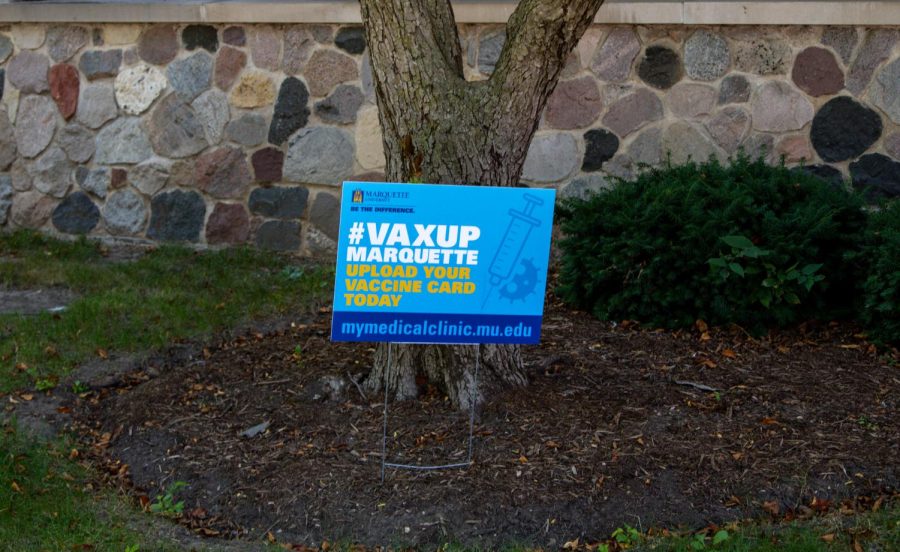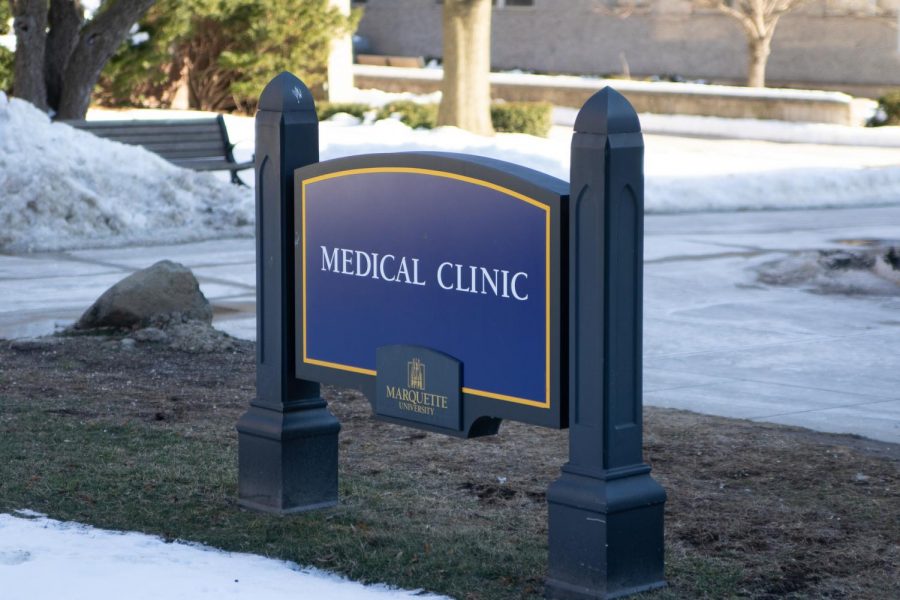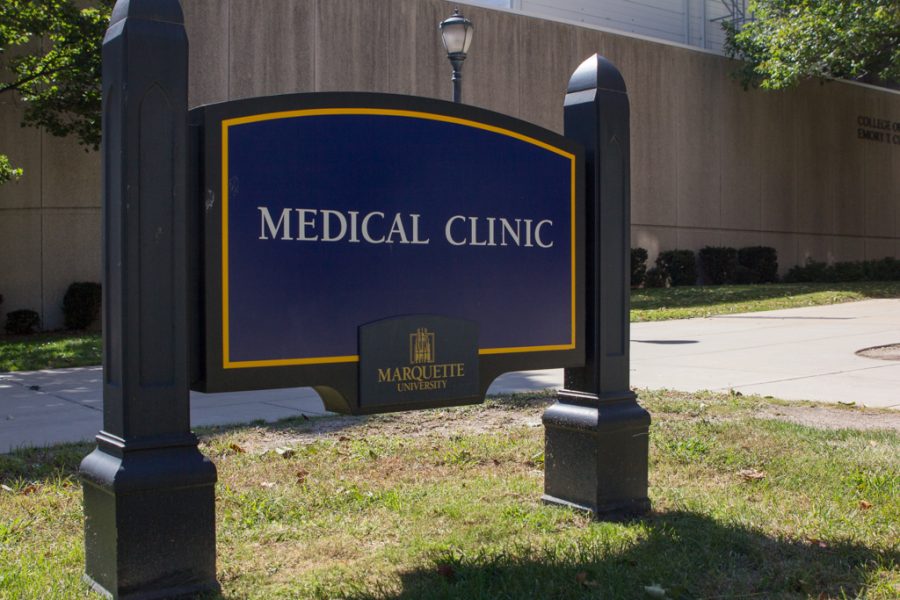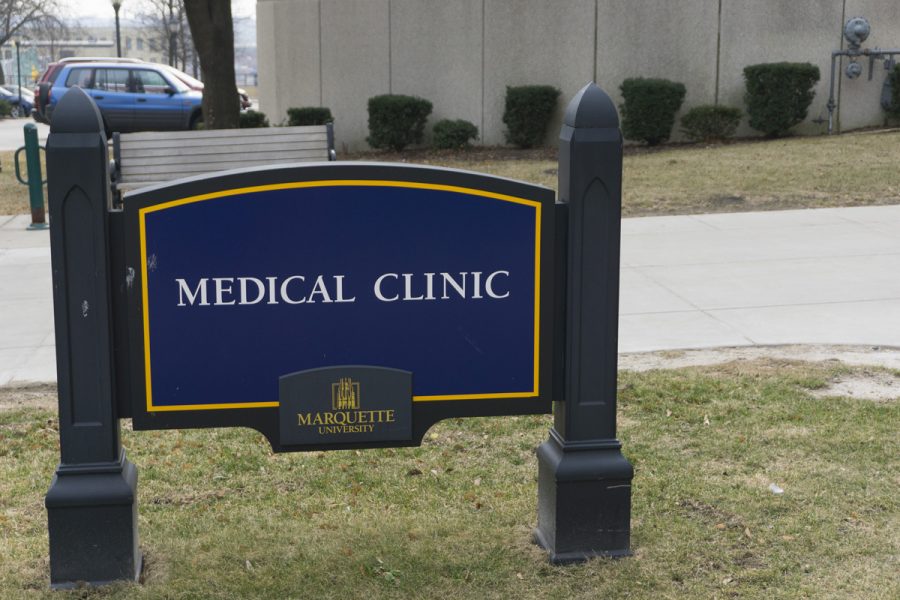An isolated case of the mumps has been confirmed in a single student who lives off campus by the Milwaukee Health Department, despite the university’s requirement that students be vaccinated with the measles, mumps, rubella (MMR) vaccine before registering for classes.
In a campus-wide email, the university informed students that those who could have come in contact with the person were already notified in an earlier communication.
The City of Milwaukee Health Department is conducting a case contact investigation and will be observing the student population for further cases. The department is confident that the case will not spread further, as the Marquette student body is highly immunized.
Carolyn Smith, the director of Student Health Service, said students should not be concerned about contracting mumps.
“Since 2007, Marquette has required that every student receive two doses of MMR (measles, mumps, rubella) vaccine before they are allowed to register for classes,” Smith said. “Immunization with two doses of the vaccine is the safest and most effective way to prevent up to 95 percent of mumps infections.”
Smith said she urges all students who think they have contracted symptoms to stop by Student Health Service.
“The health and well-being of our students is our highest priority,” Smith said in an email. “Students who may have been exposed or who think they are experiencing symptoms are encouraged to contact Marquette University’s Student Health Service.”
Signs of mumps may include fever, headache and loss of appetite. One or more salivary glands (located in the cheeks, below and in front of the ears) may become swollen and tender. The right and left glands might not swell at the same time. The swelling may progressively get worse and more painful. Swallowing, talking, chewing or drinking acidic beverages, such as orange juice, may make the pain worse.
Smith said mumps is less contagious than measles or chickenpox and that most people with mumps recover fully.
The email also warned all students who were in the Union Sports Annex Sept. 4 between 3 and 11 P.M. that they may have been exposed to the virus. Todd Vicker, the executive director of the Alumni Memorial Union and auxiliary services, said in an email that business at the Annex has continued as usual.
According to the City of Milwaukee Health Department’s website, mumps disease is caused by the mumps virus. The virus spreads from person to person through saliva, such as when an infected person coughs or sneezes. Mumps also spreads by sharing food or drink with an infected person. There have been 165 cases of mumps reported in Milwaukee County since 2006.
There was a large mumps epidemic that occurred in the Midwestern United States during 2006. The Milwaukee Health Department provides free MMR vaccinations for children and adolescents at several clinic locations.
Kristen Sterm, a junior in the College of Communication, was not entirely concerned about the case.
“I actually heard about it first from my roommate, who sits in front of the (person) in one of her classes,” Sterm said. “I was vaccinated, as we all should have been before coming to Marquette, and it isn’t something that is spread easily unless you share drinks or stuff like that.”
A viral disease outbreak occurred in 1978 when the campus was hit with influenza A.
In the case of a widespread viral outbreak, the Center for Disease Control and Prevention has organized two teams to respond to emergencies.
These teams collaborate with a national network of epidemiologists and other public health officials to investigate outbreaks of food borne, waterborne and other enteric illnesses in the U.S.
The outbreak response team works to ensure rapid, coordinated detection and response to multi-state outbreaks of enteric diseases and to promote comprehensive outbreak surveillance. It also seeks to improve collaboration among local, state and federal agencies that deal with disease outbreak surveillance and response.











